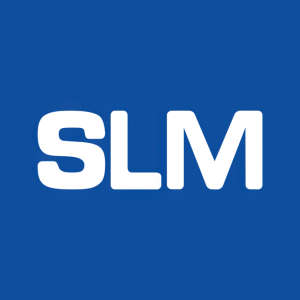Sallie Mae Reports Fourth-Quarter and Full-Year 2023 Financial Results
Fourth-Quarter GAAP Net Income Attributable to Common Stock of
Full-Year 2023 Private Education Loan Originations of
Fourth-Quarter 2023 Private Education Loan Net Charge-offs of
Impacting Earnings Per Share for the Fourth-Quarter and Full-Year 2023 Was the Non-Cash Charge of
Board of Directors Approves New
Sallie Mae will host an earnings conference call today, Jan. 24, 2024, at 5:30 p.m. ET. Executives will be on hand to discuss various highlights of the quarter and year and to answer questions related to Sallie Mae’s performance. A live audio webcast of the conference call and presentation slides may be accessed at www.SallieMae.com/investors and the hosting website. A replay of the webcast will be available via the company’s investor website approximately two hours after the call’s conclusion.
Sallie Mae (Nasdaq: SLM) believes education and life-long learning, in all forms, help people achieve great things. As the leader in private student lending, we provide financing and know-how to support access to college and offer products and resources to help customers make new goals and experiences, beyond college, happen. Learn more at SallieMae.com. Commonly known as Sallie Mae, SLM Corporation and its subsidiaries are not sponsored by or agencies of
Category: Corporate and Financial
View source version on businesswire.com: https://www.businesswire.com/news/home/20240124185249/en/
Media
Rick Castellano, 302-451-2541, rick.castellano@SallieMae.com
Investors
Melissa Bronaugh, 571-526-2455, melissa.bronaugh@SallieMae.com
Source: Sallie Mae








